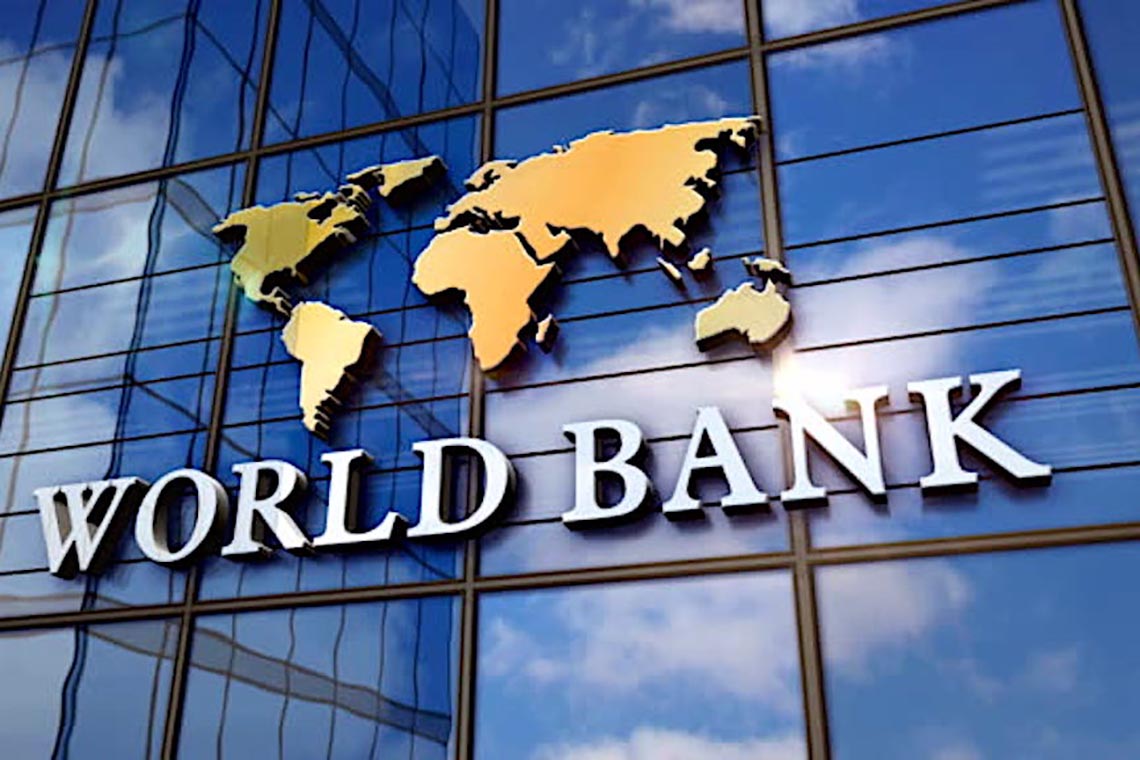ENVIRONMENT

AFRICA LOSES $200BN YEARLY TO POOR SANITATION – WORLD BANK
The World Bank has sounded the alarm over the worsening global sanitation crisis, revealing that nearly two out of every five people worldwide still lack access to safe sanitation. The institution warned that this gap poses severe risks to public health, economic growth, and the environment.
According to the Bank, Africa alone loses about $200 billion annually in potential economic gains due to poor sanitation. It added that with proper investment in water and sanitation systems, the continent’s GDP could increase by as much as five percent.
These findings were contained in a report released on Tuesday, titled “The Global Sanitation Crisis: Pathways for Urgent Action.”
Sanitation remains a major development challenge globally. Data from the United Nations show that 3.5 billion people still lack safe sanitation facilities, a situation driving the spread of preventable diseases such as cholera, diarrhoea, and typhoid. These diseases claim hundreds of thousands of lives each year, particularly among children under five.
In Africa, the problem is worsened by rapid urbanisation, poverty, and weak infrastructure. Informal settlements in cities often lack sewage systems, forcing residents to depend on unsafe alternatives that contaminate water supplies.
The World Health Organisation has repeatedly emphasized that poor sanitation not only fuels disease outbreaks but also undermines economic productivity, as children are kept out of school and adults are unable to work.
Global institutions, including the UN and the World Bank, have linked improved sanitation to the Sustainable Development Goals (SDGs), particularly Goal 6, which seeks “clean water and sanitation for all” by 2030. Yet, progress has been slow due to weak policies, limited funding, and the added pressure of climate change.
The Bank’s report highlighted that the burden is particularly heavy in low- and middle-income countries, where the effects of poor sanitation are being worsened by climate-related threats such as flooding, drought, and rising sea levels. These pressures, it noted, strain fragile sanitation systems and lead to significant GDP losses.
“There is a global sanitation crisis, with nearly two in five people lacking access to safe facilities,” the report stated. “In low- and middle-income countries, one third of urban residents face a triple burden of poor sanitation, poverty, and climate risks—leaving them highly vulnerable to disease, disasters, and economic hardship.”
On the economic side, the Bank stressed the high returns of sanitation investment. It noted that every $1 invested in Africa yields about $7 in returns, adding that effective funding could boost the continent’s GDP by 5 percent and generate annual economic gains of $200 billion.
The report further tied resilient sanitation systems to reduced pollution and greenhouse gas emissions, highlighting that better waste management could cut global methane emissions by up to 10 percent while protecting ecosystems and water resources.
It also linked sanitation improvements to education, citing examples where access to safe facilities in schools boosted enrollment, particularly for adolescent girls, and increased completed school years.
The World Bank called on governments and stakeholders to prioritise urgent investment in climate-resilient, inclusive urban sanitation. It recommended three key actions:
Prioritise sanitation policies and funding at both national and local levels.
Design inclusive, integrated sanitation infrastructure that can withstand climate impacts and ensure water security.
Support innovation, data gathering, knowledge-sharing, and workforce training to build and manage modern systems.
The report also encouraged a shift toward circular economy approaches, where waste is transformed into valuable resources such as energy and reusable water, thereby reducing pollution and creating jobs.
Concluding, the Bank urged immediate collaboration:
“Achieving climate-resilient urban sanitation is possible, but action must begin now. Governments, service providers, businesses, and communities must work together to build systems that protect health, drive prosperity, and safeguard the planet.”
"This represents a significant development in our ongoing coverage of current events."— Editorial Board









